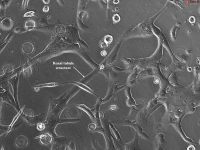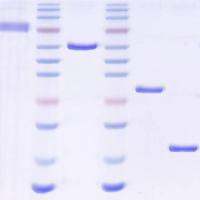Modified Bimolecular Fluorescence Complementation Assay to Study the Inhibition of Transcription Complex Formation by JAZ Proteins
互联网
互联网
相关产品推荐

Mitochondrial complex Ⅴ试剂盒,用于样本中线粒体呼吸链复合体Ⅴ活性检测,Mitochondrial complex Ⅴ Activity Assay Kit
¥1798

3D Renal Tubule Formation Kit
$921

Recombinant-Drosophila-melanogaster-CAAX-prenyl-protease-2SrasCAAX prenyl protease 2 EC= 3.4.22.- Alternative name(s): Farnesylated proteins-converting enzyme 2; FACE-2 Prenyl protein-specific endoprotease 2 Protein severas
¥11466

Modified Harris Hematoxylin solution(S0145)-100ml/500ml
¥120

Arabidopsis thaliana JAZ13重组蛋白表达
¥2000
相关问答
推荐阅读
Bimolecular-Fluorescence Complementation Assay to Monitor KinaseSubstrate Interactions In Vivo
Utilizing Bimolecular Fluorescence Complementation (BiFC) to Assay ProteinProtein Interaction in Plants
Bimolecular Fluorescence Complementation as a Tool to Study Interactions of Regulatory Proteins in Plant Protoplasts

